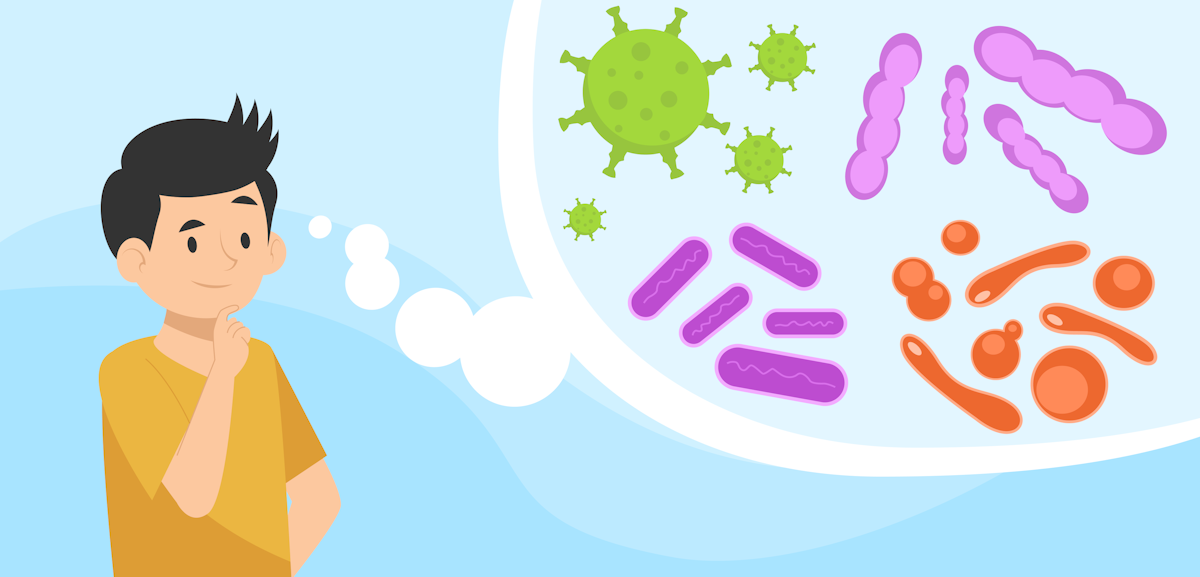by Robert A. Tagocon, M.D, DPPS

PNEUMONIA: Ways Forward to Prevent Spread and Death
Summary
Learn what are the common causes of pneumonia and how you can protect your family and loved ones against it.
Table of Contents
Pneumonia is the world’s biggest infectious killer of children worldwide. It is responsible for the majority of deaths of children below five around the world. Everyday, at least one child dies every 43 seconds from pneumonia.1 However, almost all of these deaths are preventable.

What causes Pneumonia?
Pneumonia is an acute respiratory infection of the lungs, developing from either bacteria, viruses, or fungi in the air. Types of bacterial pneumonia include pneumococcal pneumonia, mycoplasma pneumonia (walking pneumonia), and pertussis (whooping cough). On the other hand, viruses like flu or RSV (respiratory syncytial virus) cause most cases of pneumonia where the symptoms usually happen over time and tend to be mild. Regardless of the cause, pneumonia is likely to progress and tends to be worse, particularly among children whose immune systems are immature or weakened – such as by undernourishment, or diseases like HIV.[1]

What are the symptoms of Pneumonia?
Symptoms like coughing, difficulty breathing, and fever are the most commonly reported symptoms of pneumonia in children. Other findings of a child with pneumonia usually experience fast breathing, or their lower chest may draw in or retract when they inhale, and to a lesser extent, vomiting, chest pain, belly pain, being less active, and loss of appetite which are seen in older children and poor feeding among infants.[2]

Is Pneumonia contagious?
Pneumonia is contagious and can spread through airborne particles during coughing or sneezing. It can also spread by contact through contaminated surfaces.

How can parents help?
Children with pneumonia need to get plenty of rest and drink lots of fluids. Paracetamol can help to ease the fever. Seek early medical consultation and do not wait until the child has fast breathing or refuses to eat and drink any fluid. Upon physical examination, if the doctor thinks that your child might have bacterial pneumonia, antibiotics will be prescribed. These prescribed medications should be given on schedule for as long as directed. In this way, the child will recover faster and help prevent the infection from spreading to others.

Can Pneumonia be prevented?
One of the key interventions of proven benefit against pneumonia is exclusive breastfeeding, while some types of pneumonia can be prevented by vaccination. Routine vaccination against Haemophilus influenzae Type B, pneumococcus, and whooping cough begins as early as 6 weeks of age. Flu vaccines are recommended starting at 6 months of age.
Other interventions include keeping the child away from anyone with symptoms like runny/stuffy nose, sore throat, and cough. Masks may be worn to prevent further spread of viruses and bacteria that cause pneumonia.[2]
6

